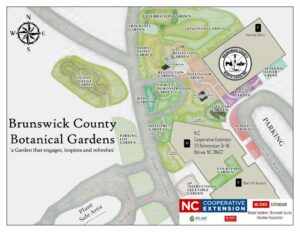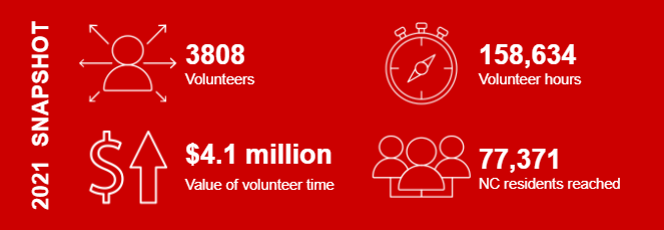Connecting People With Plants
go.ncsu.edu/readext?847398
en Español / em Português
El inglés es el idioma de control de esta página. En la medida en que haya algún conflicto entre la traducción al inglés y la traducción, el inglés prevalece.
Al hacer clic en el enlace de traducción se activa un servicio de traducción gratuito para convertir la página al español. Al igual que con cualquier traducción por Internet, la conversión no es sensible al contexto y puede que no traduzca el texto en su significado original. NC State Extension no garantiza la exactitud del texto traducido. Por favor, tenga en cuenta que algunas aplicaciones y/o servicios pueden no funcionar como se espera cuando se traducen.
Português
Inglês é o idioma de controle desta página. Na medida que haja algum conflito entre o texto original em Inglês e a tradução, o Inglês prevalece.
Ao clicar no link de tradução, um serviço gratuito de tradução será ativado para converter a página para o Português. Como em qualquer tradução pela internet, a conversão não é sensivel ao contexto e pode não ocorrer a tradução para o significado orginal. O serviço de Extensão da Carolina do Norte (NC State Extension) não garante a exatidão do texto traduzido. Por favor, observe que algumas funções ou serviços podem não funcionar como esperado após a tradução.
English
English is the controlling language of this page. To the extent there is any conflict between the English text and the translation, English controls.
Clicking on the translation link activates a free translation service to convert the page to Spanish. As with any Internet translation, the conversion is not context-sensitive and may not translate the text to its original meaning. NC State Extension does not guarantee the accuracy of the translated text. Please note that some applications and/or services may not function as expected when translated.
Collapse ▲By connecting people with plants, Master Gardener℠ volunteers share the benefits of sustainable gardening with community members across North Carolina. These benefits include producing fresh fruits and vegetables that encourage healthier eating, improving physical and mental wellbeing, providing habitat for pollinators and wildlife, protecting soil, water, and air quality, and enhancing our homes, workplaces, schools and parks while creating a sense of belonging and connectedness to our environment.
Here are a few examples of how Master Gardener volunteers connected people to plants through science-based education and outreach in 2021.
Brunswick County
Master Gardener volunteers delivered a series of online classes and hosted an open house at the Brunswick County Botanical Garden to address new resident’s questions and provide solutions for coastal gardening challenges. Over 300 community members learned about the 15 vignette gardens, which demonstrate plant varieties that perform well in coastal gardens and provide inspiration for sustainable home landscape design. A series of virtual tours provide inspiration at any time of year.
Johnston County
Master Gardener volunteers write a monthly newsletter, known as “The Gardener’s Dirt”, that addresses common plant questions and provides seasonal gardening advice. Using resources provided by the NC State Plant Disease and Insect Clinic, Master Gardener volunteers alert gardeners to Be On the Look Out (BOLO) for pest and plant disease issues that are common at specific times of the year.
Vance & Warren Counties
Master Gardener volunteers shared science-based, sustainable gardening information with community members by staffing a Q&A table at the farmer’s market, hosting online gardening seminars, and distributing a quarterly newsletter. Expansion of the demonstration garden at the county Extension center equipped Master Gardener volunteers with hands-on tools to teach gardening best practices in an easily accessible setting.
Learn more about how you can be part of the NC State Extension Master Gardener program!

Read the 2021 Annual Report to explore more examples of how volunteers with the Extension Master Gardener℠ program share their knowledge to help North Carolinians learn and grow.
Plants Do That
Visit Plants Do That to learn about the benefits of gardening. This infographic series was produced by the National Initiative for Consumer Horticulture.


